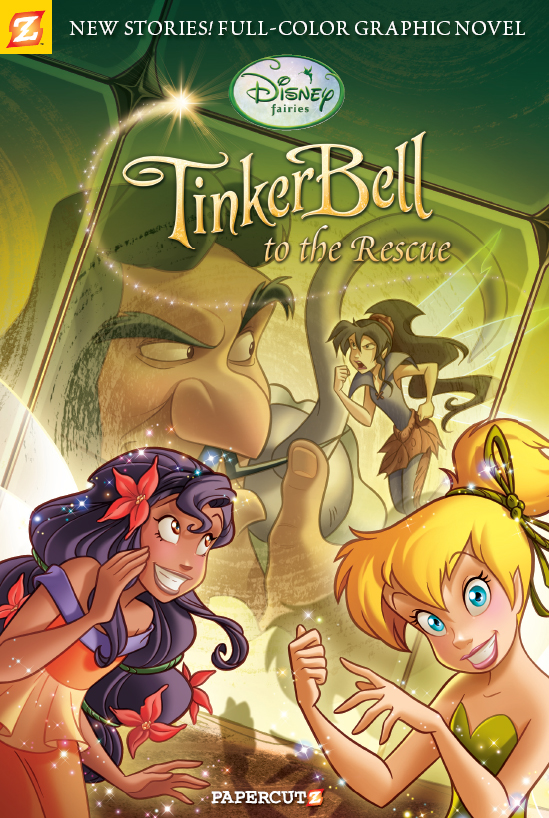Africa’s education landscape has long grappled with challenges: underfunded schools, teacher shortages, and geographic isolation. Enter AI, the great equalizer. Platforms like Eneza Education in Kenya and Ustad Mobile in Afghanistan (with growing African adoption) leverage mobile technology and AI to deliver bite-sized, interactive lessons to students in remote areas. These platforms use SMS and low-data apps, ensuring access even in regions with spotty internet.
AI’s magic lies in its adaptability. For instance, Siyavula, a South African edtech platform, uses AI to provide practice problems tailored to a student’s performance level. Its reach extends to underserved communities, where students can access math and science resources on basic smartphones. By 2024, Siyavula reported serving over 1.5 million users, proving that tech-driven education can scale inclusivity.
But accessibility isn’t just about reaching students—it’s about meeting them where they are. AI platforms like M-Shule in East Africa analyze user data to deliver content in local languages and adjust to cultural contexts. This ensures that a student in rural Uganda isn’t wrestling with unfamiliar examples but engaging with material that resonates. The result? Higher engagement and retention, particularly for marginalized groups like girls and refugees.
One-size-fits-all education is as outdated as a chalkboard in a smart classroom. AI’s ability to personalize learning is transforming students into active participants in their education. Platforms like SmartClass in Nigeria use machine learning to assess a student’s strengths, weaknesses, and learning pace, then curate custom lesson plans. If a student struggles with quadratic equations, the platform doesn’t just throw more problems at them—it adjusts explanations, offers visual aids, or slows the pace.
This hyper-personalization extends to teachers too. Chalkboard Education, a Ghana-based platform, equips educators with AI-driven analytics to track student progress in real time. Teachers can identify who’s falling behind and intervene before it’s too late. In a 2023 pilot, Chalkboard reported a 20% improvement in student outcomes in partnered schools, showcasing AI’s ripple effect.
For higher education, platforms like Coursera and EdX, which have growing African user bases, use AI to recommend courses based on career goals and prior knowledge. A young coder in Lagos can be nudged toward a machine learning specialization, while a nurse in Addis Ababa might be guided to public health courses. This tailored approach ensures that education aligns with individual aspirations and market needs.
AI’s impact isn’t just in classrooms—it’s in the systems that support them. In South Africa, the Department of Basic Education has partnered with AI startups to streamline administrative tasks like grading and resource allocation. This frees teachers to focus on instruction rather than paperwork. Similarly, Ubongo, a pan-African edtech company, uses AI to analyze viewership data for its educational TV and radio programs, optimizing content for maximum impact. With over 30 million weekly viewers across Africa, Ubongo’s data-driven approach is a masterclass in scalability.
Yet, challenges remain. Data privacy, infrastructure gaps, and digital literacy are hurdles that African edtech must navigate. Initiatives like GIZ’s Digital Skills for Africa are addressing these by training teachers and students in AI literacy while advocating for robust data protection policies. The goal? A future where AI enhances education without compromising trust.
Africa’s education renaissance is just beginning. As AI platforms evolve, they promise to deepen personalization, widen access, and empower educators. Governments and startups must collaborate to ensure equitable deployment, particularly in underserved regions. With 60% of Africa’s population under 25, the stakes—and opportunities—are immense.
For now, the continent is writing a new chapter in education, one where technology doesn’t replace teachers but amplifies their impact. In this AI-driven era, learning is no longer confined to four walls—it’s a dynamic, accessible, and deeply personal journey, unfolding across Africa’s vibrant digital landscape.













